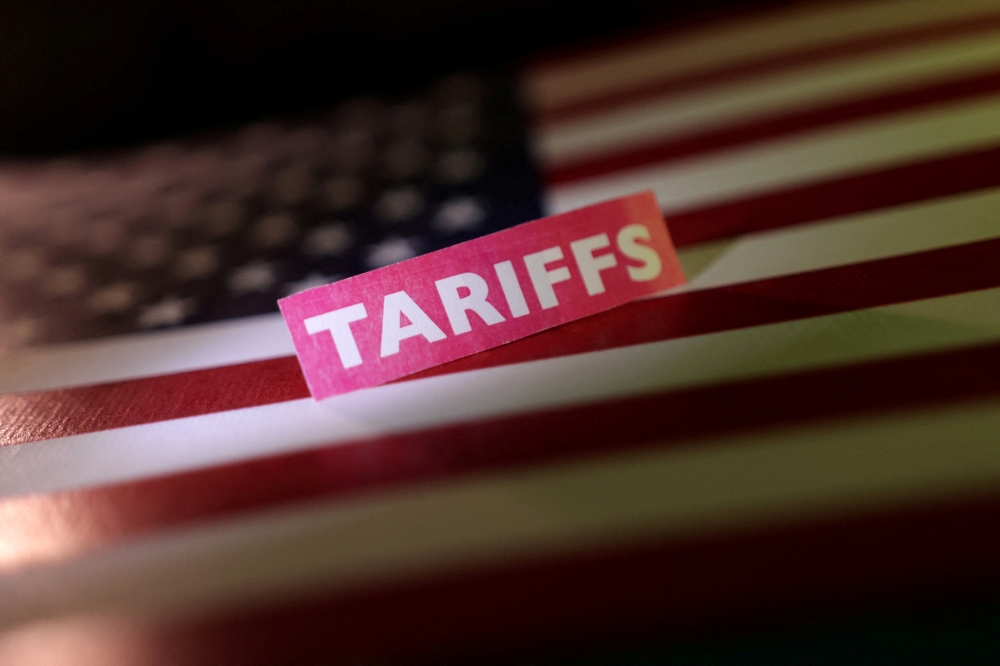MAY 6 — Equity crowdfunding (ECF) and peer-to-peer financing (P2P) are new smart ways to raise funds. Sceptics used to say these platforms are a "flop", or "exclusive" only for technology companies. They are dead wrong.
Based on SC's latest annual report, alternative financing markets have raised over RM706 million for 1,943 Malaysian companies. The bulk came from P2P financing for small companies in the retail and trading sectors.
We know how hard it is for small businesses to get bank loans. The long waiting period, collateral and financial records to show creditworthiness, are some hindrances which make bank borrowing impossible.
Frustrated entrepreneurs have resorted to taking personal loans, or maxing out their credit cards. They are yearning for new ways to raise funds.
Here come ECF and P2P platforms.
What are ECF and P2P platforms
ECF and P2P financing platforms are usually lumped together, but they are not the same thing.
ECF allows investors to buy shares in a company. Investment documents like shareholders' agreement will govern the rights of the new shareholder. P2P financing is when a company borrows money from investors. The financing terms are set out in an investment note which includes the interest rate, repayment terms and so on.
Strong and supportive regulatory framework
The Securities Commission (SC) is at the forefront of the digital agenda while safeguarding the investors' rights.
We were the first country in Asean to regulate crowdfunding in 2015 followed by P2P financing rules in 2016. Now, we have ten ECF and eleven P2P registered platforms.
The SC imposes strict compliance and disclosures rules so that investors can make an informed decision. A company can raise funds only after audits and satisfactory due diligence on the company's business, directors, shareholders and related disclosures. Platforms also need to display various disclosures on their websites like its charges.
In October last year, the government launched Malaysia Co-Investment Fund (MyCIF). Every RM1 will be matched on a 1:4 ratio up to a cap of RM500,000. The matching ratio is now lowered to 1:2 instead, which is indeed attractive for many. The scheme will continue until 30 September.
The SC made two significant updates recently.
First, a company can now raise up to RM10 mil in an ECF platform from the earlier RM5 mil cap.
Second is the secondary market framework. Secondary market lets investors sell and buy investments bought on the platforms. It can be either shares in a company or investment notes in P2P financing). This option gives flexibility for investors to realise their investments sooner.
Malaysia Digital Economy Corporation (MDEC), an agency pushing for digital adoption, has extended its campaign to get more companies to raise funds on these platforms, especially those affected by the Covid-19 crisis.
These are some of the trends which will stimulate and encourage more companies to do crowdfunding.
Broader investors demographic
Crowdfunding is not only limited to Malaysian. So long as an investor passes the screening, an investor can be from anywhere. Some platforms have a global presence in other regions. If you host your company in on one of these platforms, your business is also open to their investors' network.
Crowdfunding is also democratising investments, as investors can invest as low as RM500 for most campaigns.
Greater online presence and brand awareness
The pandemic has accelerated digital adoption, especially brick and mortar companies. Many now realise that they need to have an online presence for them to stay relevant (yes, there are still companies that use Hotmail as their official emails!)
Companies with a strong customers base should explore crowdfunding. Apart from discounted products, they can also be part of your business journey.
According to the Internet Economy Report by Temasek, Bain & Co, and Google, 10 million Southeast Asian are joining the workforce annually. They are young, educated, tech-savvy and always connected. Millennials with disposable income can invest in riskier investments as they seek good returns for better social mobility. They also invest in companies that share the same values as them. For example, an agriculture startup that leverages smart farming technologies will be an attractive investment to someone who feels strongly on sustainability. Social media will also amplify and viral a worthybusinessand get more investors on board.
Conclusion
If you plan to invest, please read more on crowdfundingand understand the risks involved.
The digital economy is here, and it will change how we run our daily life, businesses, and society. Traditional banking will need to do more to catch up with these agile fintech companies.
*Izwan Zakaria is the managing partner of Izwan & Partners, a commercial and technology law firm helping technology companies, startups, and companies being changed by the digital world. ([email protected])
**This is the personal opinion of the writer and does not necessarily represent the views of Malay Mail.





















